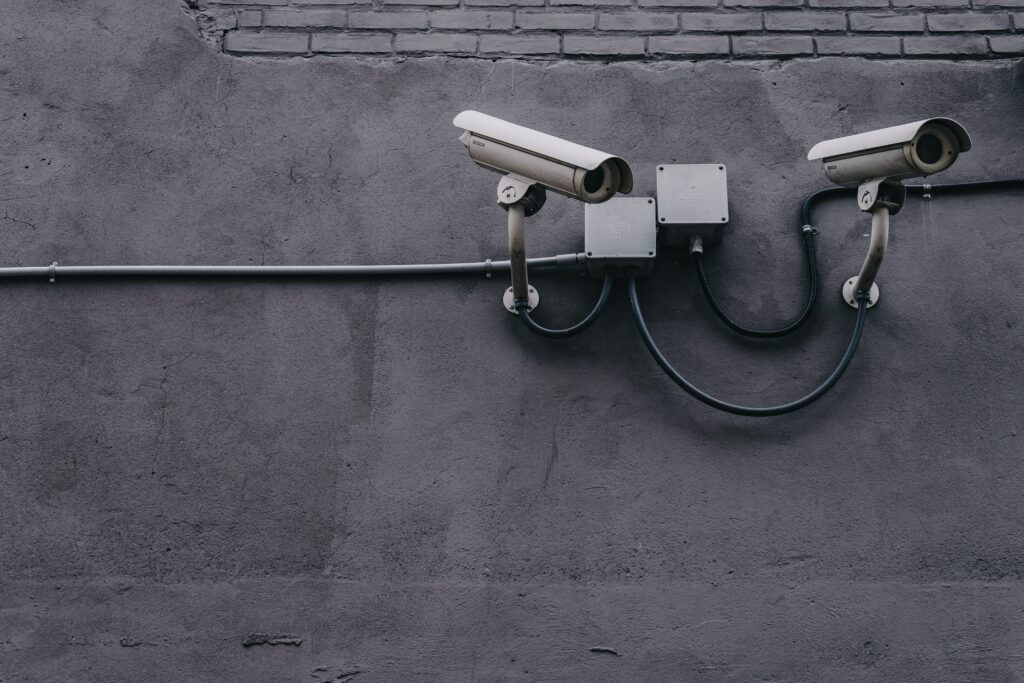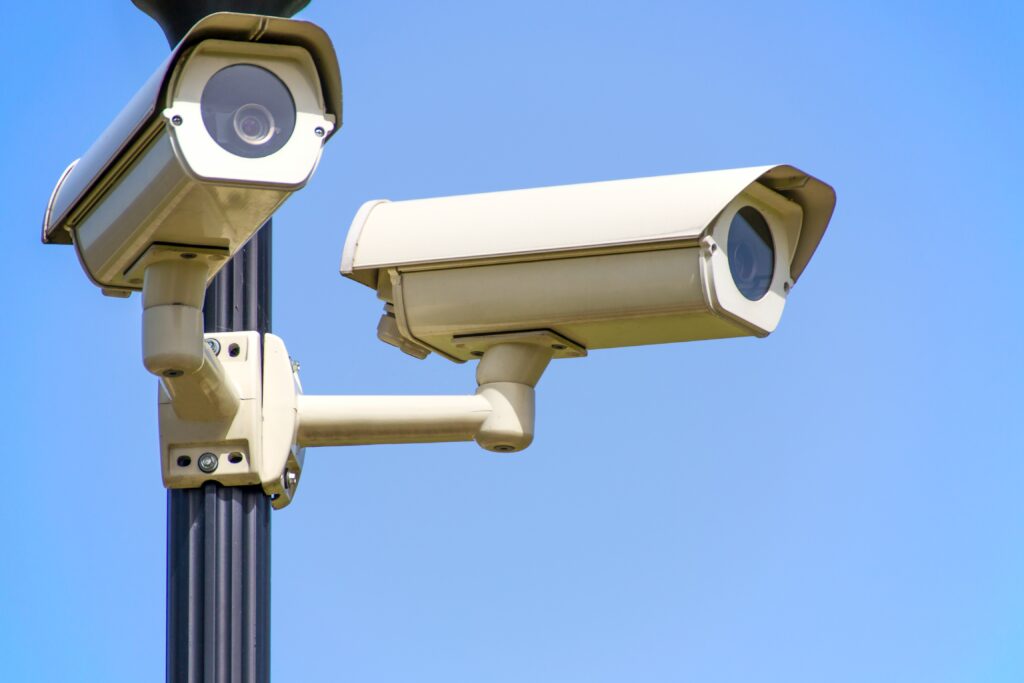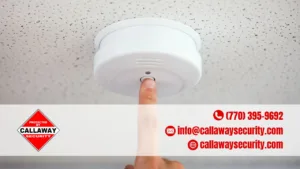Introduction
In the quest for a safe and secure home, many homeowners turn to home security systems as a line of defense against potential intruders. These systems, ranging from basic alarm setups to advanced smart home technologies, promise not only to alert homeowners of unauthorized entry but also to act as a deterrent to burglars and criminals. But the question remains: Do home security systems truly deter criminals, or are they merely a psychological comfort for homeowners? This article delves into the effectiveness of home security systems in preventing crime, examining the psychology of burglars, the types of systems available, statistical evidence, real-life success stories, and the limitations of relying solely on technology for home security.
The Psychology of a Burglar
Understanding the mindset of a burglar is crucial in assessing the deterrent effect of home security systems. Studies and interviews with convicted burglars reveal that visible security measures significantly impact their target selection process. A prominent alarm system, security cameras, or even signage indicating the presence of a security system can make a potential burglar think twice. The fear of getting caught, triggered by these visible deterrents, often outweighs the potential reward of a successful burglary. This section will explore how burglars perceive risk and how home security systems can exploit this perception to deter criminal activity.
Types of Home Security Systems
Home security systems vary widely, from traditional alarm systems that emit loud noises when triggered to sophisticated surveillance cameras and smart home devices that can notify homeowners and authorities remotely. Each type of system offers different levels of deterrence. For instance, alarm systems can scare off intruders at the moment of attempted entry, while surveillance cameras provide a visual deterrent and can help in identifying criminals after an incident. Smart home technologies, integrating alarms, cameras, and other sensors, offer comprehensive protection and remote control, further enhancing the deterrent effect. This section will compare these systems, highlighting their strengths and weaknesses in deterring home invasions.

Statistical Evidence on Deterrence
The true measure of home security systems’ effectiveness lies in their impact on crime rates and burglary statistics. Numerous studies have sought to quantify this impact, comparing the incidence of burglaries in homes with security systems to those without. Research consistently indicates that homes equipped with security systems are significantly less likely to be burgled compared to those without any form of security measure. This section will dissect key findings from these studies, highlighting the percentage decrease in burglary rates and how specific features of security systems contribute to these statistics. It will also touch upon the psychological deterrent effect these systems have on potential burglars, as suggested by criminological research.
Real-life Success Stories
Beyond the numbers, the stories of individuals and communities who have directly benefited from home security systems offer compelling evidence of their efficacy. This section will compile narratives from homeowners who thwarted burglary attempts thanks to their security systems, including instances where real-time alerts to homeowners and authorities led to the arrest of intruders. It will also include insights from law enforcement officials on the role of home security in crime prevention and investigation, further substantiating the argument for the utility of these systems in deterring crime.
Limitations and Considerations
While home security systems play a crucial role in deterring crime, they are not a panacea for all safety concerns. This section will discuss the limitations of relying solely on technology for home security, such as the potential for false alarms, the risk of technology being bypassed or hacked, and the necessity of human vigilance and response. It will also explore the importance of a comprehensive approach to home security, which includes physical security measures, community vigilance, and personal safety practices, in conjunction with technological solutions.
Conclusion and Recommendations
In conclusion, home security systems have been shown to significantly deter criminal activity, making them a valuable component of a comprehensive home safety strategy. The psychological impact on potential burglars, coupled with the statistical evidence and real-life success stories, underscores the effectiveness of these systems. However, homeowners should be aware of the limitations and ensure that their security strategy is multi-faceted, incorporating physical security measures, community engagement, and personal vigilance alongside technological solutions. For those considering investing in a home security system, it is advisable to assess their specific needs, the unique features of their property, and the local crime landscape to choose the most suitable system. Ultimately, while technology plays a critical role in modern home security, the human element remains indispensable in ensuring a safe and secure home environment.












